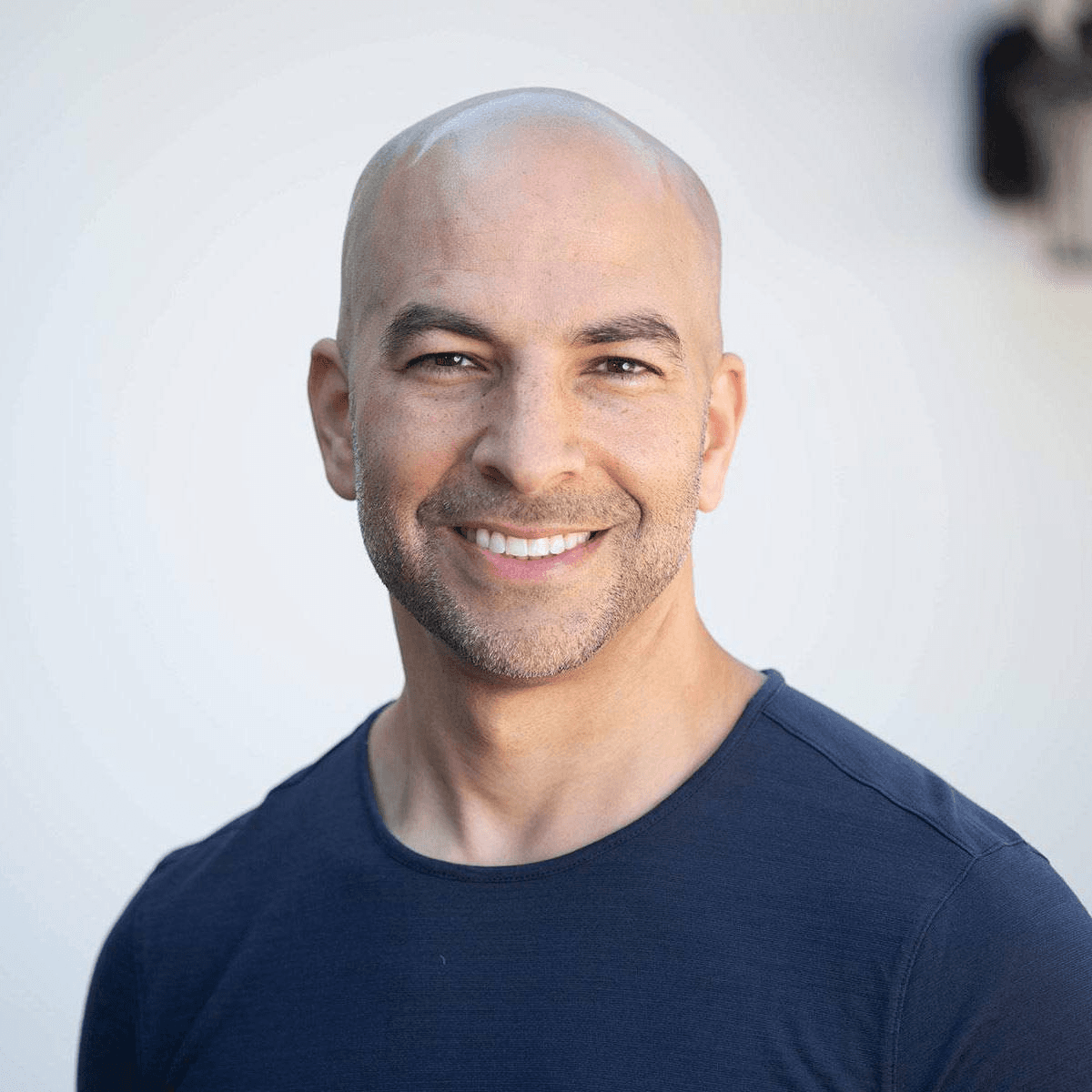Peter Attia's Jet Lag Protocol
TLDR:
- He increases adenosine through lots of early morning exercise and caffeine abstinence
- He increases melatonin by taking 2 to 5 mg of melatonin
- He decreases cortisol by taking 400 to 600 mg of phosphatidylserine
This may not be for everyone, but what Peter likes to do when he wants to put himself in the time zone of the destination he’s traveling to, is to act as if he’s already in the time zone on the flight there.
For example, if you take off at 2pm, but it’s 10pm already at your destination, then you’ll want to sleep on the flight.
However, it can be difficult to sleep at 2pm if your body isn’t expecting it.
He describes 3 variables that help drive sleep:
- Adenosine – more adenosine = easier to sleep
- Melatonin – more melatonin = easier to sleep
- Cortisol – less cortisol = easier to sleep
How to increase adenosine?
Peter does this without supplements.
He tries to do a lot of exercise early in the morning of the day in question. Then additionally, avoids coffee and other caffeine sources, which can block adenosine receptors.
How to increase Melatonin?
Generally Peter avoids taking melatonin for sleep, but when it comes to jet lag, where if he does nothing, his sleep will be disrupted anyway, he chooses to use it.
For his jet lag protocol, if he needs to help induce sleep early, he will “slam himself” with 2 to 5 mg.
Examples of melatonin supplements include:
- Life Extension – Melatonin 1 mg
- NOW – Melatonin 1 mg
How to decrease cortisol?
By default, early in the day our cortisol is elevated, and by the evening our cortisol level has decreased.
This can be difficult to regulate without some sort of exogenous compound.
In this instance, Peter chooses to decrease his cortisol levels through the use of a supplement called Phosphatidylserine.
Phosphatidylserine
Peter describes phosphatidylserine as an “incredibly potent” supplement, part of his jet lag protocol, that he doesn’t use regularly.
For his jet lag protcol, Peter will take 400 to 600 mg of phosphatidylserine – to shut down his adrenals, reduce cortisol, and encourage sleep.
Brands of phosphatidylserine include:
- Jarrow – Phosphatidylserine – 100 mg
- NOW – Phosphatidylserine – 100 mg
Phosphatidylserine's Mechanism of Action
Rather than phosphatidylserine’s efficacy just being a “wives tale”, it has been studied reasonably well.
Mechanistically it lowers physiological stress by blunting the adrenocorticotropic hormone (ACTH) response to stress – and it’s ACTH that under stress then stimulates the release of cortisol via the adrenal gland.
By lowering physiological stress levels, this may help relaxing into sleep.
Image showing the stress feedback loop (source via David Klemm)
Example scientific studies:
- A study showed phosphidylserine reduced cortisol response post exercise, compared to placebo. Whilst this isn’t directly sleep related, exercise is a reliable way to increase cortisol, so it’s interesting to see phosphatidylserine could blunt that increase1. This result was originally shown in a 1992 study2 (so it’s repeatable). Note that in the ’92 study the phosphatidylserine was derived from cows brains (!), which is how they used to get it. Now brands like Jarrow derive it from sunflowers.
- A further3 study showed phosphidylserine improved mood after a stressful event, compared to placebo. Notably this was cognitive stress (mental arithmetic), rather than exercise induced stress.

Dr. Peter Attia
Doctor, Author, & Podcast Host (The Drive)
...
Peter Attia, MD, is the founder of Early Medical, a medical practice that applies the principles of Medicine 3.0 to patients with the goal of simultaneously lengthening their lifespan and increasing their healthspan.
He is the host of The Drive, one of the most popular podcasts covering the topics of health and medicine.
He is also the author of the #1 New York Times Bestseller, Outlive: The Science and Art of Longevity.
Categories:
Disclaimer: The information presented on this website are for informational and entertainment purposes only. Please consult a medical professional when considering changes to your routine, supplements, etc.
Additionally, please note that some product links in our content are affiliate links. While not all routines & products are officially endorsed by the individuals mentioned, we strive to ensure that the information we provide is accurate and up-to-date.

